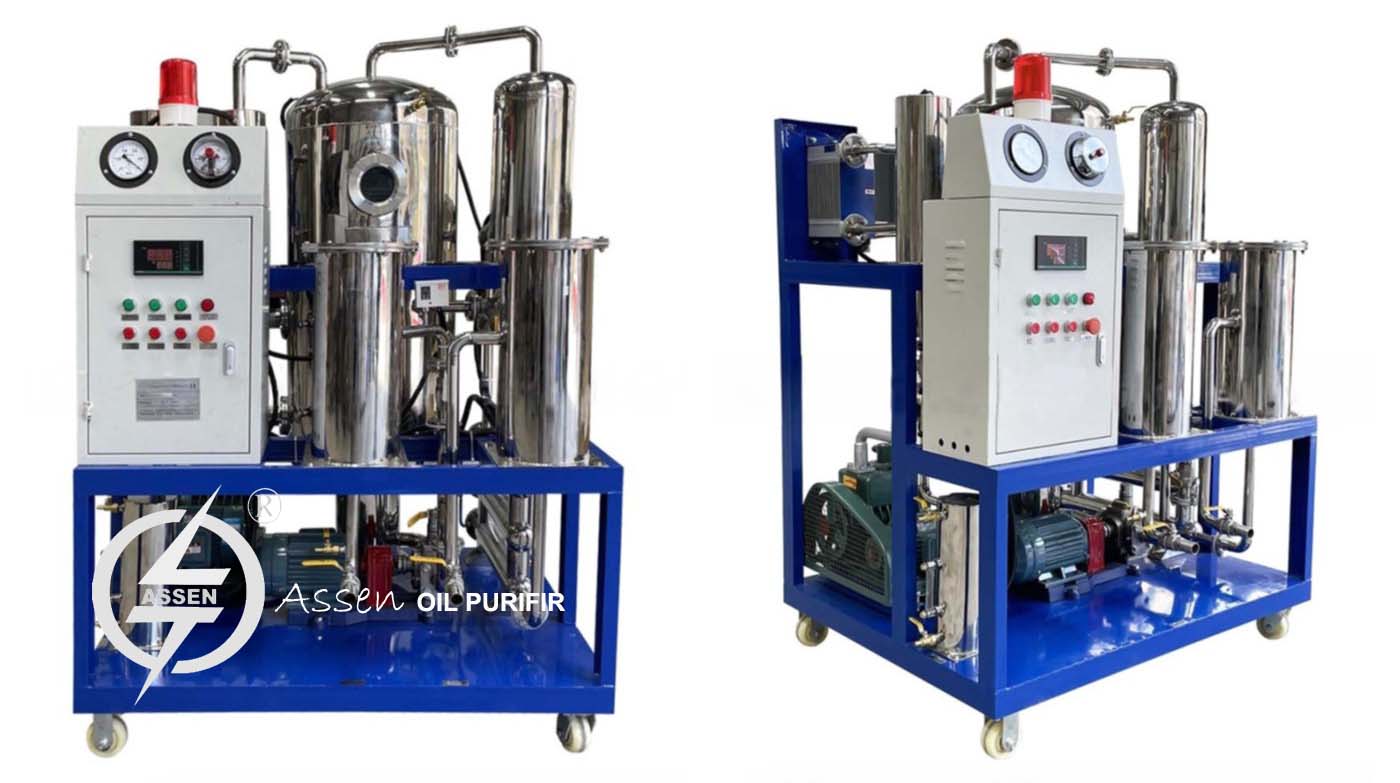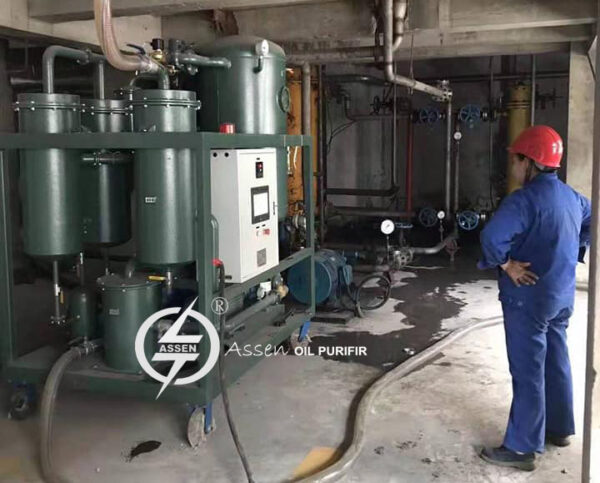
Phosphate Ester Fluid Maintenance Ensuring Reliability and Safety
Known for their fire-resistant properties and stability under extreme conditions, phosphate esters are essential in environments where safety and reliability are paramount.

What is the phosphate ester fluid maintennace?
Phosphate ester fluids are specialized lubricants widely used in high-performance applications, including aerospace, hydraulic systems, and industrial machinery. Known for their fire-resistant properties and stability under extreme conditions, phosphate esters are essential in environments where safety and reliability are paramount. However, maintaining these fluids is critical to ensuring their performance and extending the lifespan of the systems they protect. This article explores best practices for phosphate ester fluid maintenance, focusing on monitoring, handling, and system care.
Importance of Regular Monitoring
Regular monitoring of phosphate ester fluids is essential for identifying signs of degradation. Key parameters to track include acidity (pH), viscosity, and water content. Increased acidity can indicate chemical breakdown, while changes in viscosity may signal contamination or fluid degradation. Water contamination is particularly concerning as it can accelerate fluid degradation and cause corrosion. Regular sampling and analysis help detect issues early and prevent system failures.
Contamination Control
Phosphate ester fluids are sensitive to contamination, which can significantly impact their performance. Common contaminants include water, particulate matter, and other chemicals. Implementing rigorous cleanliness standards and using filtration systems can help minimize contamination. Additionally, ensure that all maintenance activities, such as fluid transfers or system repairs, are conducted with clean tools and equipment to prevent introducing contaminants.
Best Practices for Fluid Handling
Phosphate esters can be corrosive and require careful handling. Use appropriate personal protective equipment (PPE), including gloves and goggles, to avoid skin and eye contact. Ensure that fluid handling procedures follow safety guidelines to prevent accidental spills and exposure. Proper training for personnel involved in fluid maintenance is essential to minimize risks and ensure safe practices.
Storage Conditions
Proper storage conditions are crucial for preserving the integrity of phosphate ester fluids. Store fluids in a cool, dry environment away from direct sunlight and heat sources. Ensure that storage containers are tightly sealed to prevent contamination and moisture ingress. Regularly inspect storage areas and containers for signs of leaks or deterioration.
System Maintenance and Care
Regular inspections of hydraulic systems using phosphate ester fluids are necessary to identify and address potential issues before they lead to significant problems. Check for leaks, wear, and corrosion in system components, and ensure that all seals and gaskets are in good condition. Addressing issues promptly can prevent fluid contamination and system failures.
Despite careful maintenance, phosphate ester fluids will eventually need to be replaced due to degradation. Establish a fluid replacement schedule based on the manufacturer’s recommendations and operational conditions. During fluid replacement, ensure that the system is thoroughly flushed to remove any residual old fluid or contaminants.
In case of fluid spills or leaks, have an emergency response plan in place. Ensure that spill containment materials and cleanup procedures are readily available. Address spills promptly to minimize environmental impact and ensure safety.
Conclusion
Maintaining phosphate ester fluids is vital for ensuring the reliability and safety of systems that rely on these specialized lubricants. By implementing regular monitoring, following best handling practices, and performing routine system maintenance, operators can optimize fluid performance and extend the lifespan of their equipment. As technology and fluid formulations continue to evolve, staying informed about the latest maintenance practices will further enhance the effectiveness and safety of phosphate ester fluids in critical applications.


